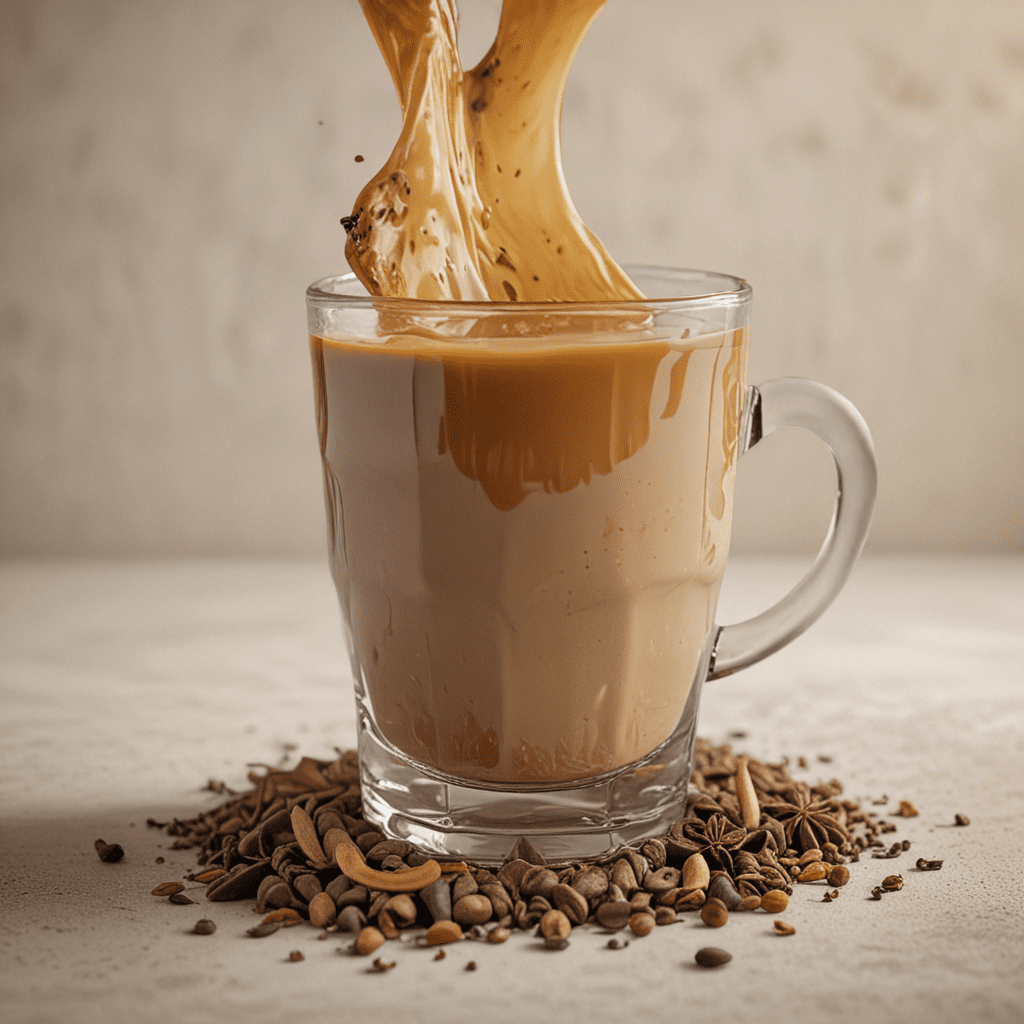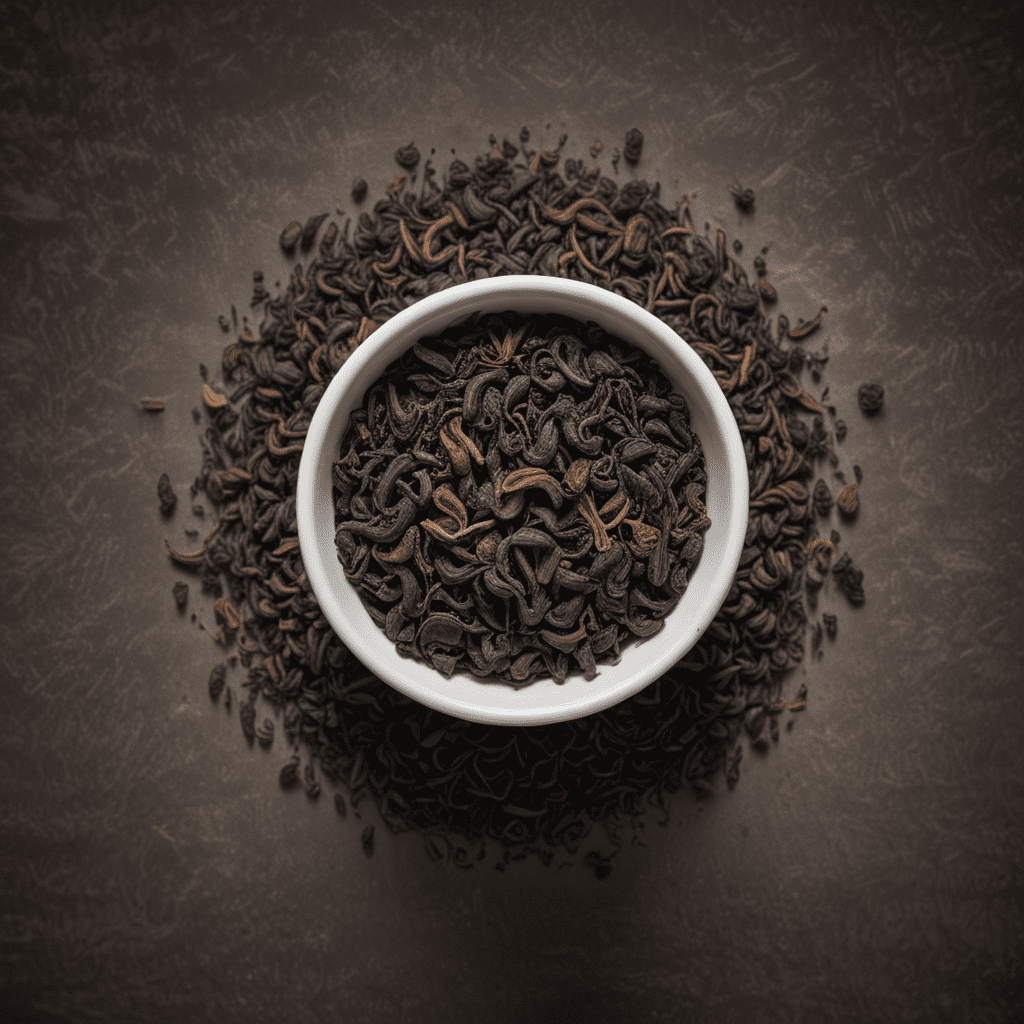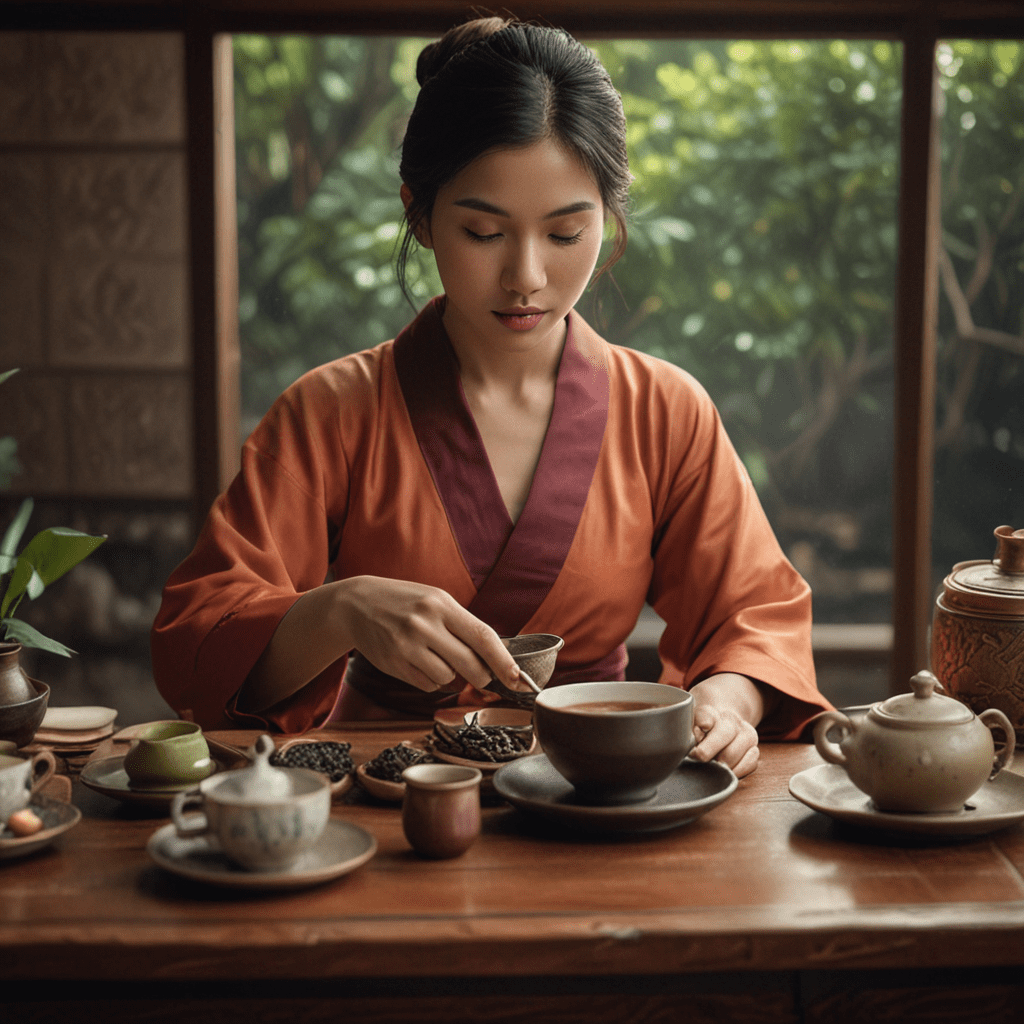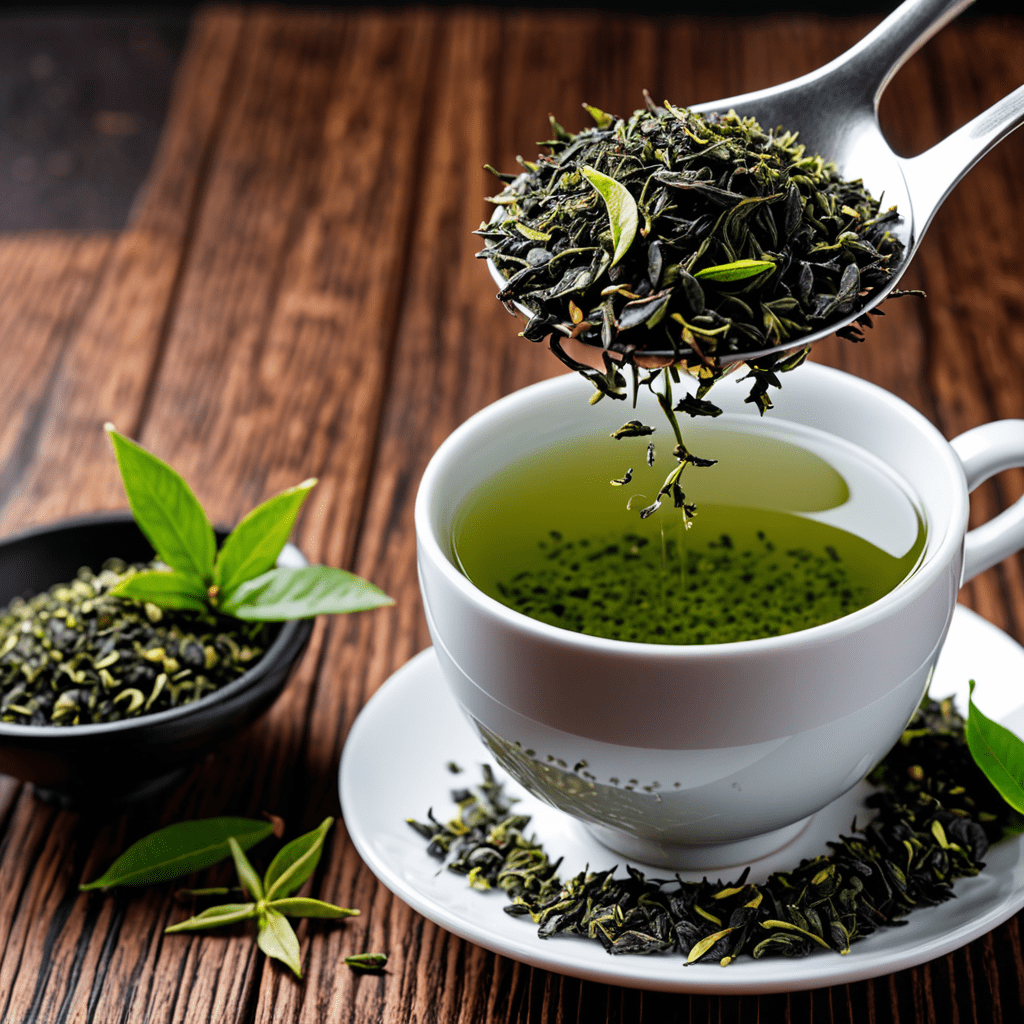
Introduction: The Allure of Chai Tea in India
Chai tea, a quintessential beverage in India, holds a profound place in the hearts of its people. Its aromatic blend of spices and black tea has woven a tapestry of flavors that has captivated taste buds for centuries. Chai tea is more than just a drink; it is a cultural icon, an embodiment of Indian hospitality, and a testament to the country's rich culinary heritage.
Historical Origins and Cultural Significance
The origins of chai tea can be traced back to the British colonial era in India. In the 19th century, British tea plantations introduced black tea to the region. The Indians, with their love for spices, began adding local ingredients such as cardamom, ginger, and cloves to their tea, creating a unique concoction that would later become known as chai. Over time, chai tea became an integral part of Indian culture, intertwined with religious rituals, social gatherings, and everyday life.
Ingredients: A Symphony of Spices and Tea
The ingredients of chai tea vary slightly from region to region, but the core components remain the same. Black tea forms the base, providing a robust and slightly bitter foundation. Cardamom, with its warm and slightly sweet notes, is the dominant spice, complemented by the sharp ginger, earthy cloves, and aromatic cinnamon. Other common additions include nutmeg, star anise, and fennel. The proportions and combinations of these spices create a symphony of flavors that is both invigorating and comforting.
Preparation: The Ritual and Art of Chai-making
The preparation of chai tea is a ritual in itself, imbued with tradition and expertise. Freshly brewed black tea is combined with a mixture of spices, milk, and sugar in a saucepan. The mixture is brought to a boil and then simmered for a few minutes, allowing the spices to infuse their flavors into the tea. The result is a rich, aromatic brew that is typically served hot in small cups.
Variations: Regional Adaptations and Innovations
Chai tea is not a monolithic beverage; it has evolved over time to reflect regional preferences and culinary creativity. In North India, chai tea tends to be stronger and sweeter, with a generous addition of milk. South Indian chai, on the other hand, is lighter and less sweet, with a bolder spice profile. Regional variations include the addition of jaggery (unrefined cane sugar) in Maharashtra and saffron in Kashmir.
6. Health Benefits: A Treasure of Antioxidants and Healing
Chai tea is not only a delightful beverage but also a repository of health benefits. The antioxidants present in black tea, combined with the anti-inflammatory properties of spices like ginger and cloves, make chai tea a potent ally for overall well-being. Studies have shown that regular consumption of chai tea can help reduce the risk of heart disease, improve digestion, and boost immunity. Furthermore, the caffeine content in chai tea provides a gentle energy boost without the jittery side effects associated with coffee.
7. Social Impact: A Communal Beverage and Conversation Catalyst
Chai tea transcends its role as a mere beverage; it is a social lubricant that fosters connections and facilitates conversations. In India, chai tea is often served in small cups, encouraging people to savor their tea and engage in leisurely chats. Chai stalls and tea shops are ubiquitous in Indian cities, providing a welcoming space for locals and visitors alike to gather, socialize, and exchange stories. Chai tea has become synonymous with hospitality and camaraderie, making it an indispensable part of the Indian social fabric.
8. Economic Significance: A Backbone of the Indian Tea Industry
Chai tea is not only a cultural staple but also a significant contributor to the Indian economy. India is the second-largest producer of tea in the world, and chai tea accounts for a substantial portion of the country's tea consumption. The cultivation, processing, and distribution of chai tea provide employment to millions of people, making it a vital industry for India's economic growth. The demand for chai tea has also spurred the development of specialized chai tea blends and products, further boosting the industry's revenue.
9. Modern Adaptations: Chai Tea Beyond India's Borders
The popularity of chai tea has transcended India's borders, capturing the hearts of tea enthusiasts worldwide. In recent years, chai tea has become a staple in coffee shops and cafes around the globe. Modern adaptations of chai tea include variations such as iced chai, chai lattes, and chai tea concentrate, catering to diverse preferences and lifestyles. The global demand for chai tea has led to the establishment of chai tea brands and products in various countries, further expanding its reach and influence.
10. Conclusion: The Enduring Legacy of a Beloved Beverage
Chai tea has woven its way into the very fabric of Indian culture, becoming an integral part of daily life, social interactions, and economic prosperity. Its aromatic blend of spices, comforting warmth, and health benefits have made chai tea an enduring legacy that continues to captivate taste buds and hearts. As the world embraces the flavors and traditions of chai tea, its popularity is poised to grow even further, spreading the joy and essence of India to every corner of the globe.
FAQ: Frequently Asked Questions about Chai Tea
Q: What is the difference between chai tea and regular tea?
A: Chai tea is a blend of black tea with aromatic spices such as cardamom, ginger, cloves, and cinnamon. Regular tea, on the other hand, typically refers to unflavored black tea or other types of tea, such as green tea or herbal tea.
Q: How is chai tea traditionally prepared?
A: Traditional chai tea is prepared by boiling black tea with a mixture of spices, milk, and sugar in a saucepan. The mixture is simmered for a few minutes, allowing the spices to infuse their flavors into the tea.
Q: What are the health benefits of chai tea?
A: Chai tea is rich in antioxidants and has anti-inflammatory properties, making it beneficial for heart health, digestion, and immunity. It also contains moderate levels of caffeine, providing a gentle energy boost without the jittery side effects of coffee.
Q: Can chai tea be made without milk?
A: Yes, chai tea can be made without milk by using a plant-based milk alternative or simply omitting the milk altogether. This creates a lighter and less creamy version of chai tea.
Q: Is chai tea a good choice for pregnant women?
A: While chai tea contains moderate levels of caffeine, it is generally considered safe for pregnant women to consume in moderation. However, it is always recommended to consult with a healthcare professional before consuming any caffeinated beverages during pregnancy.


